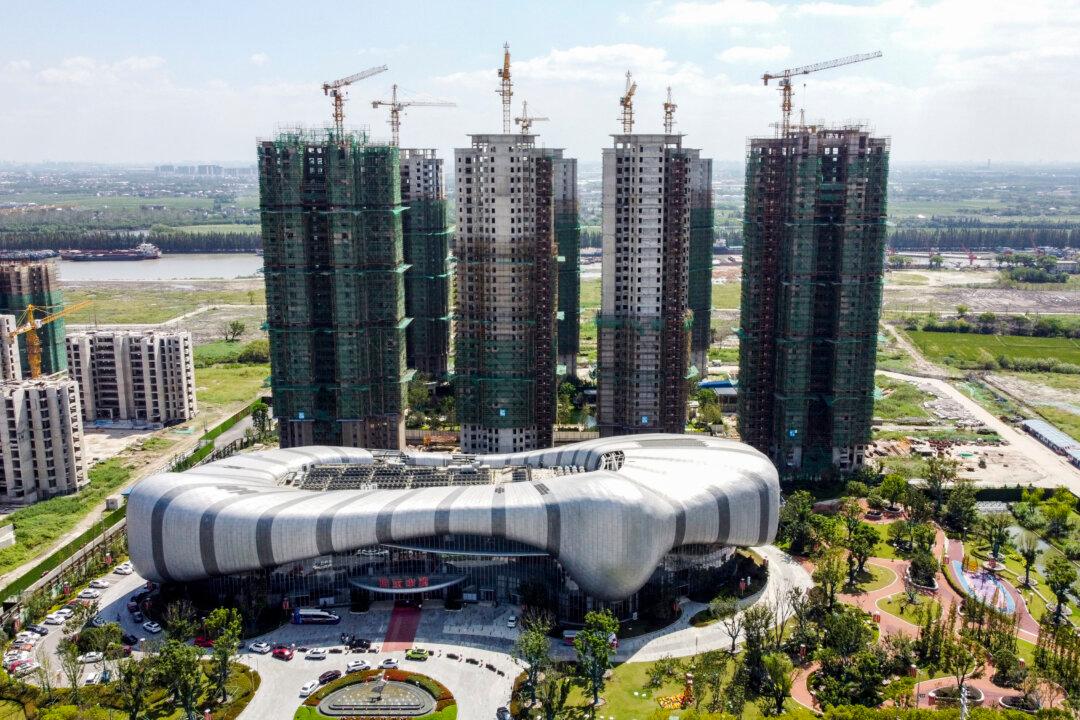China’s housing market witnessed further decline in May, according to a report by Beijing’s National Bureau of Statistics (NBS) released on June 17. Experts say Beijing’s new measures are ineffective in boosting the struggling property sector.
The data show that over the first five months in 2024, home sales plummeted 30.5 percent year over year, and developer investment fell by 10.1 percent year over year. However, due to Chinese authorities’ record of underreporting and covering up information, it is difficult to assess the veracity of Beijing’s current housing data.




